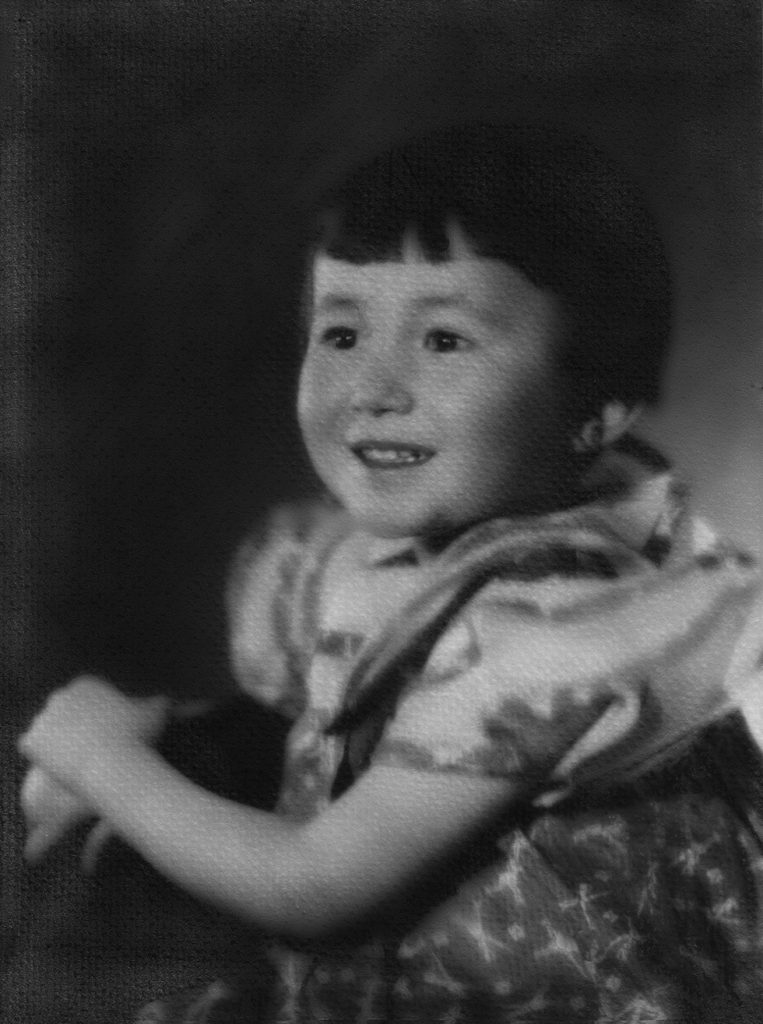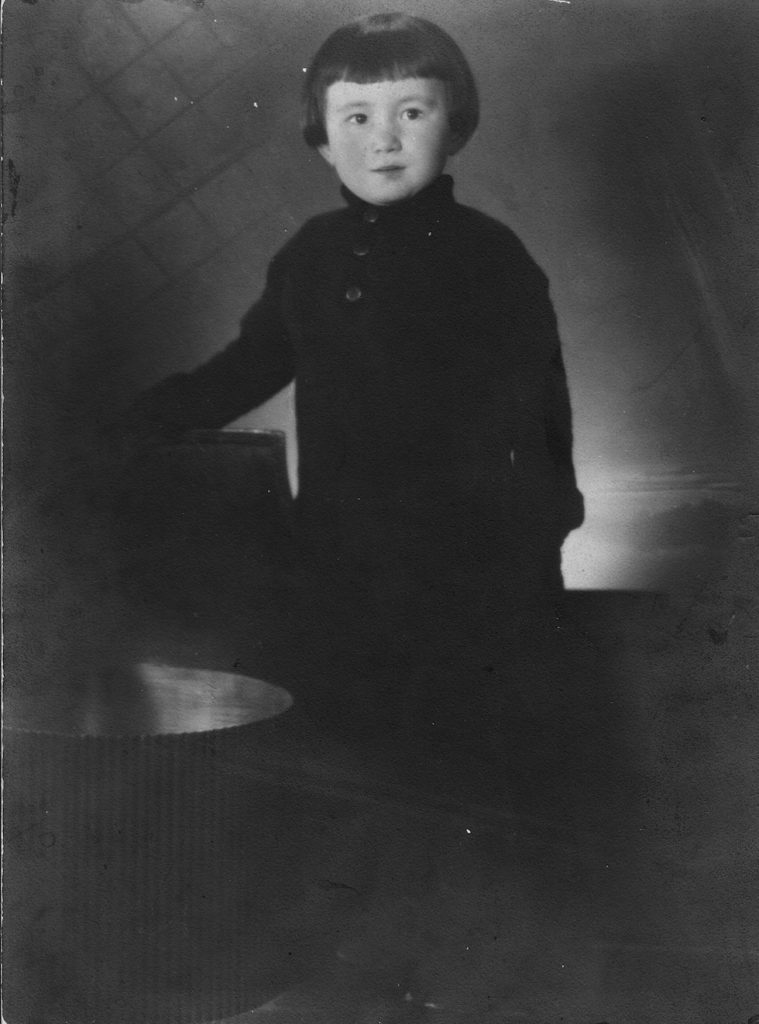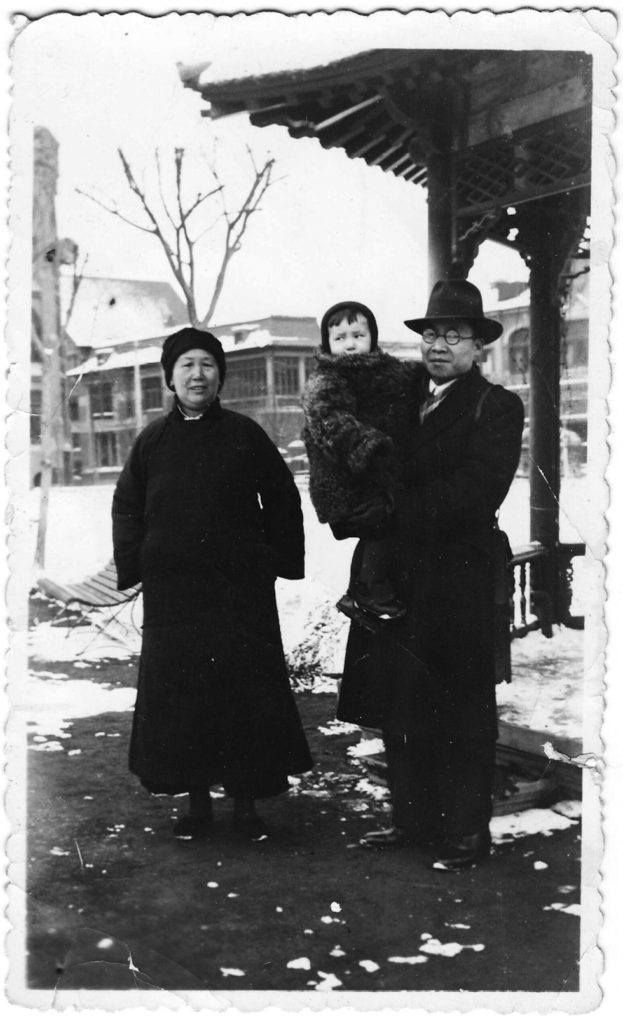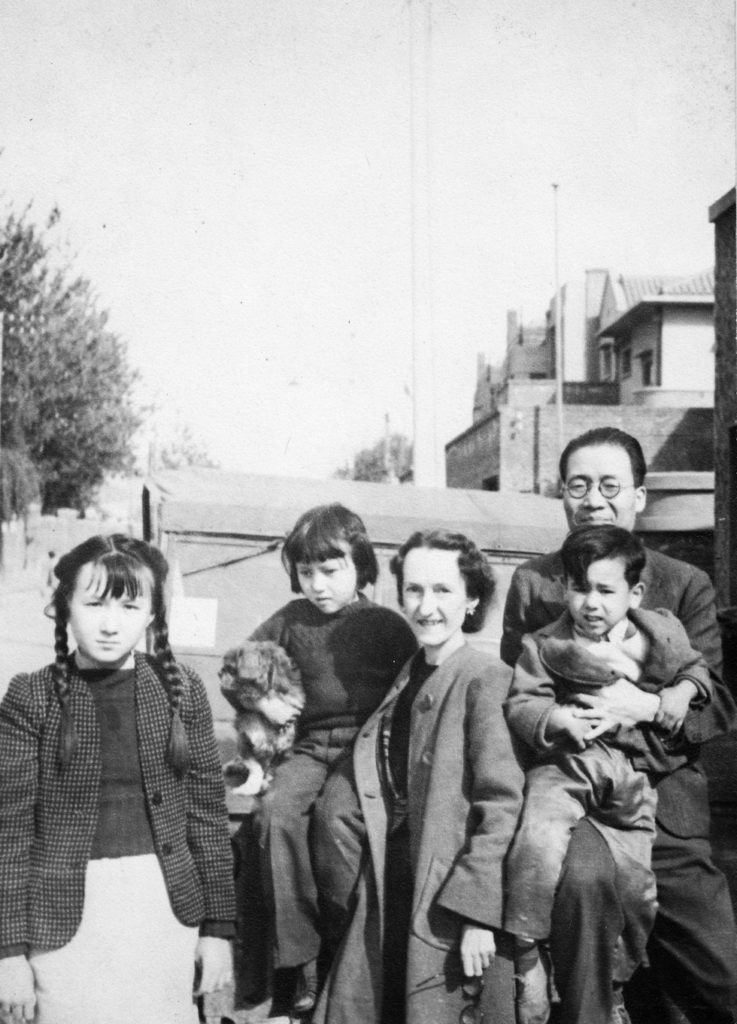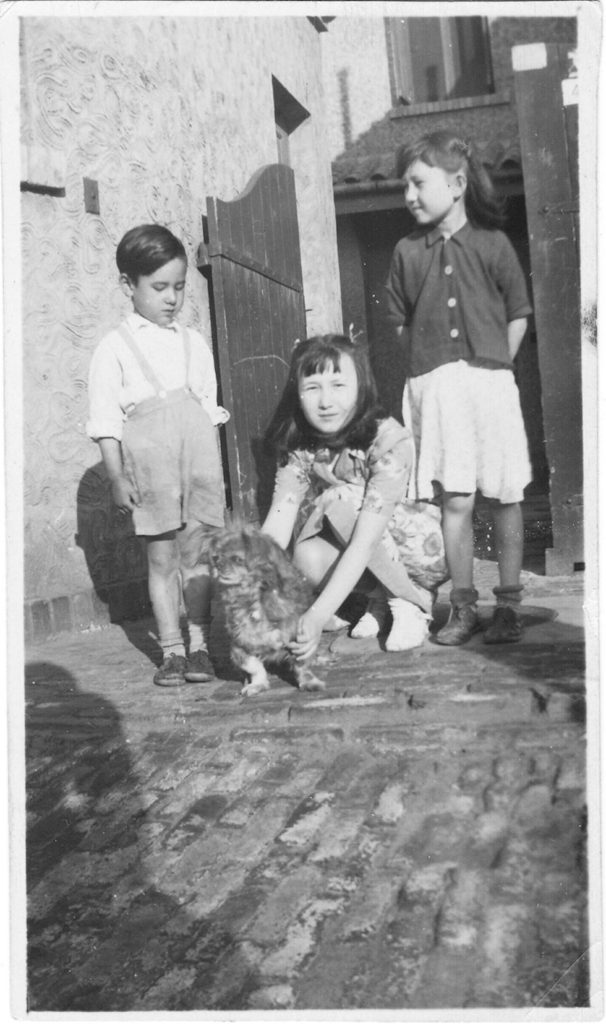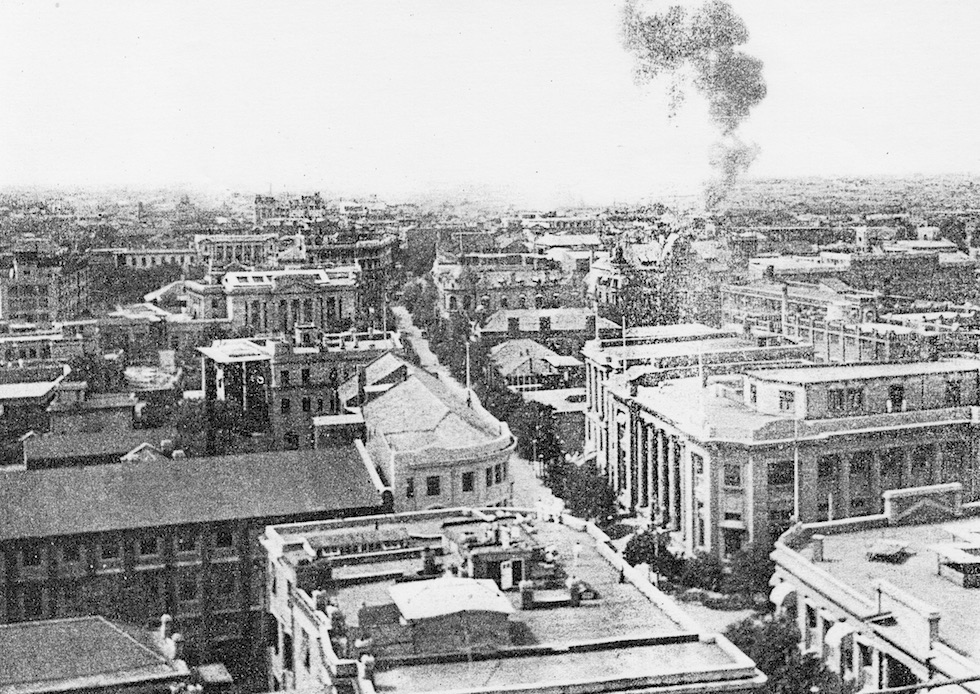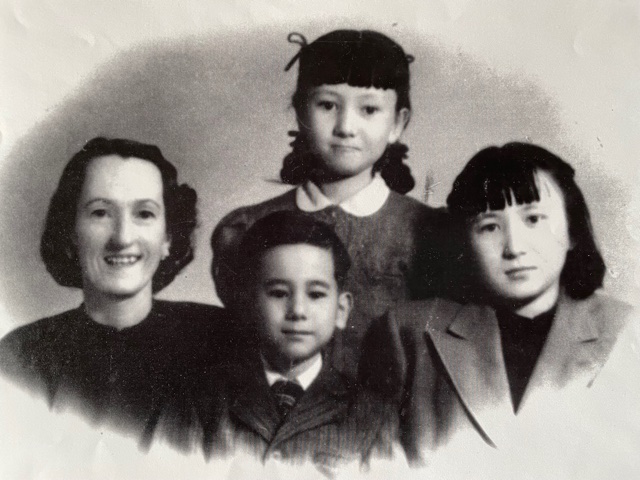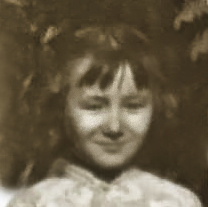Dragonfly Dreams
“This is superlative storytelling.” Jeffrey Blount, author of The Emancipation of Evan Walls

Dragonfly Dreams is the story of a young girl caught between two worlds, protecting her American mother from capture during the Japanese occupation of China in World War II and staying in touch with her Japanese friend.
“An authentic, engaging, and thought-provoking family tale with an admirably resourceful hero.”
– Kirkus Reviews
“A story that educates as it entertains, and one of those rare reads that will linger in your thoughts long after the last page is read.”
– The Feathered Quill
"Dragonfly Dreams is an urgently important and beautiful story. Its message is essential for people of all ages and races. It will come close to breaking your heart, but you won’t be able to put it down."
– Suzanne Fisher Staples, author of Shabanu, Haveli, and Shiva’s Fire
“… an intricate web of emotionally charged stories of courage, hope, and enduring friendship that will lift your spirits even as they expose the realities of wartime…”
– Jack Maisano, former publisher of The Asian Wall Street Journal Weekly and Asiaweek magazine.
Resources for schools, libraries,
and book clubs
Downloadable resources, including a Map, Study Guide, Timeline, Author's Note, the Foreword by Katherine Paterson, and Letter from the real-life Nini in 1946.
“I can’t wait for my students to read Dragonfly Dreams. It opened my eyes to a new perspective on World War II as I instantly connected with Nini and her family.”
–Cindy Gaston, teacher and instructional coach, Hamilton County schools, Tennessee
Image Gallery
See Author's Note under Resources
-scroll over or tap for caption
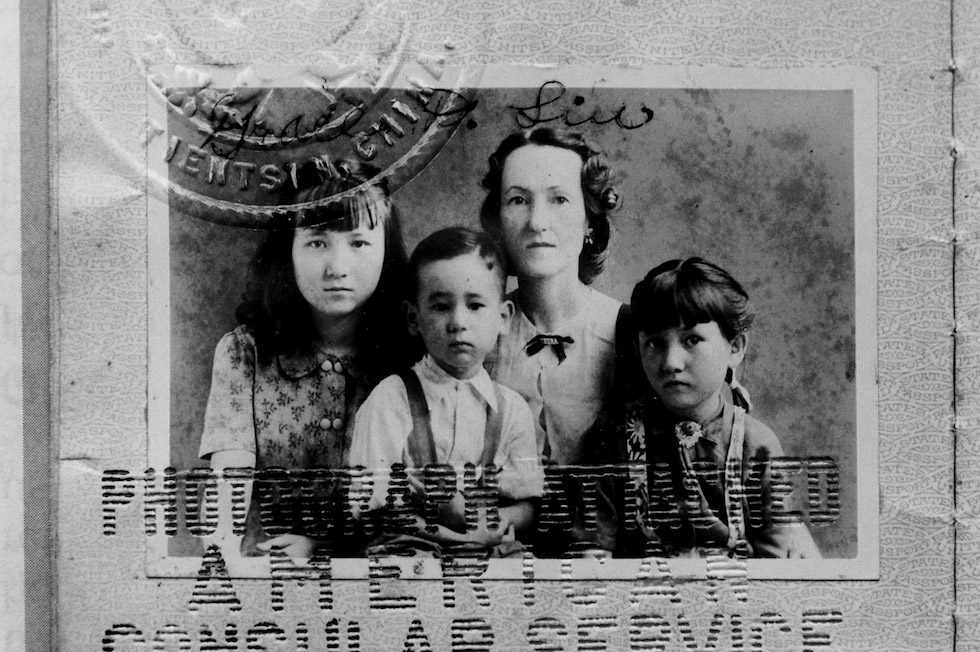
Foreword to Dragonfly Dreams
By Katherine Paterson
Some years ago I read Eleanor McCallie Cooper’s account of her aunt’s remarkable life. When she was a student in New York City, Grace McCallie Divine met and married a young Chinese engineer. After their first child was born, they took their baby daughter to the coastal city of Tianjin where Mr. Liu was employed in the city’s water works.
Since my own parents were in China from 1923-1940, and I was born there in 1932, Grace’s family story reminded me in many ways of my own. Even more parallels existed between their daughter Julia (Ju-lan in Chinese, nicknamed Nini) and me. We were born the same year. We both began our primary education in English speaking schools and lived for a time in port cities divided into concessions independently governed by various Western authorities—the Lius in Tianjin, the Womeldorfs in Shanghai. And if the previous sentence makes no sense, please read this book. Even if the story weren’t engaging, which it certainly is, Cooper’s clear explanation of China’s complex relationship with the rest of the world is well worth your time.
Japan invaded China in 1937. I can well remember how life changed when we moved out of the protected French Concession of Shanghai into Japanese occupied territory. But US citizens were ordered out of China by the American Embassy in late 1940. Grace Liu did not follow that order. She chose to remain with her Chinese husband and half Chinese children. After Pearl Harbor, the protected foreign concessions disappeared, and Grace was declared an “enemy alien.” Cooper’s earlier book spells out the danger for her and the consequences for her family during the war years from 1941-1945.
In Dragonfly Dreams, the author’s imagination goes to work on those same events. How would Grace’s nine-year-old daughter have felt and acted during this perilous time? As a child in China I know how I felt, certainly at times as fearful as Nini, never quite as recklessly brave, though I’d have admired her kicking that cruel soldier and wished I’d had the nerve.
This is an account of family love and sacrifice, interwoven with the story of Nini’s treasured, war-threatened friendship.
The author tells us her book is based on a true story, the historical dates and facts forming a structure, “but,” she says, “the content of the story, the letter that goes inside the envelope, is fictional.” As a wise person has said: “The truth of the imagination is not imaginary truth.”
-Katherine Paterson is a two-time Newberry Award winner for Bridge to Terabithia and Jacob Have I Loved, the author of 30 books for young readers, and winner of the Hans Christian Andersen Award for life-time contribution to children’s literature.


